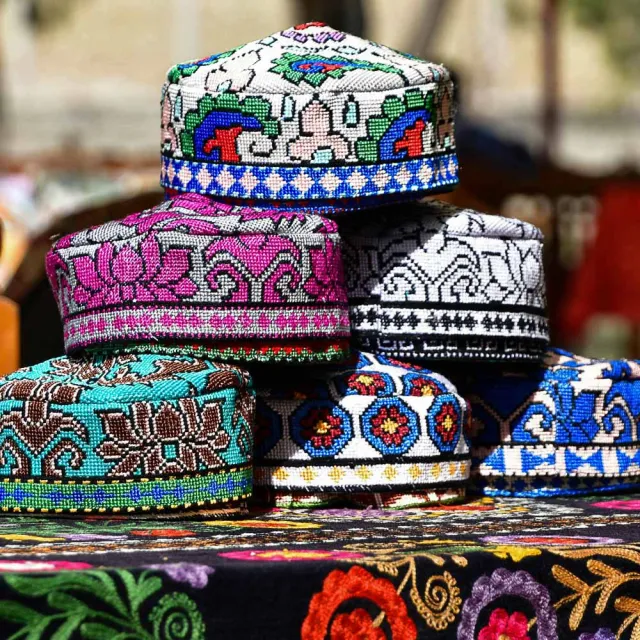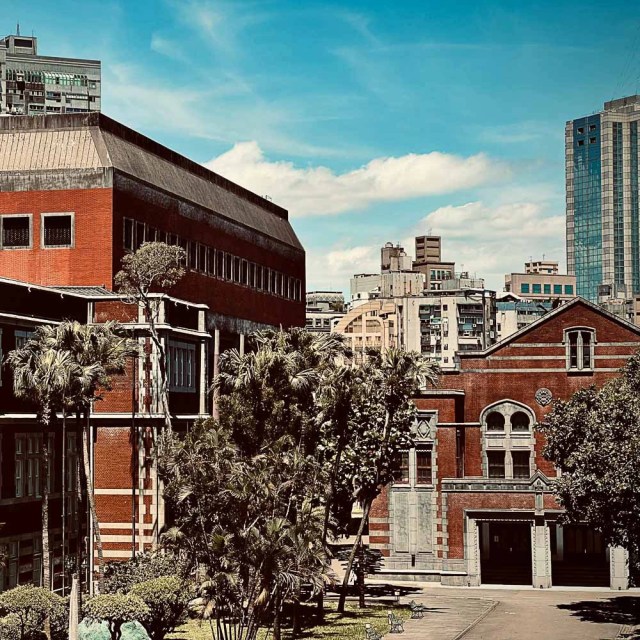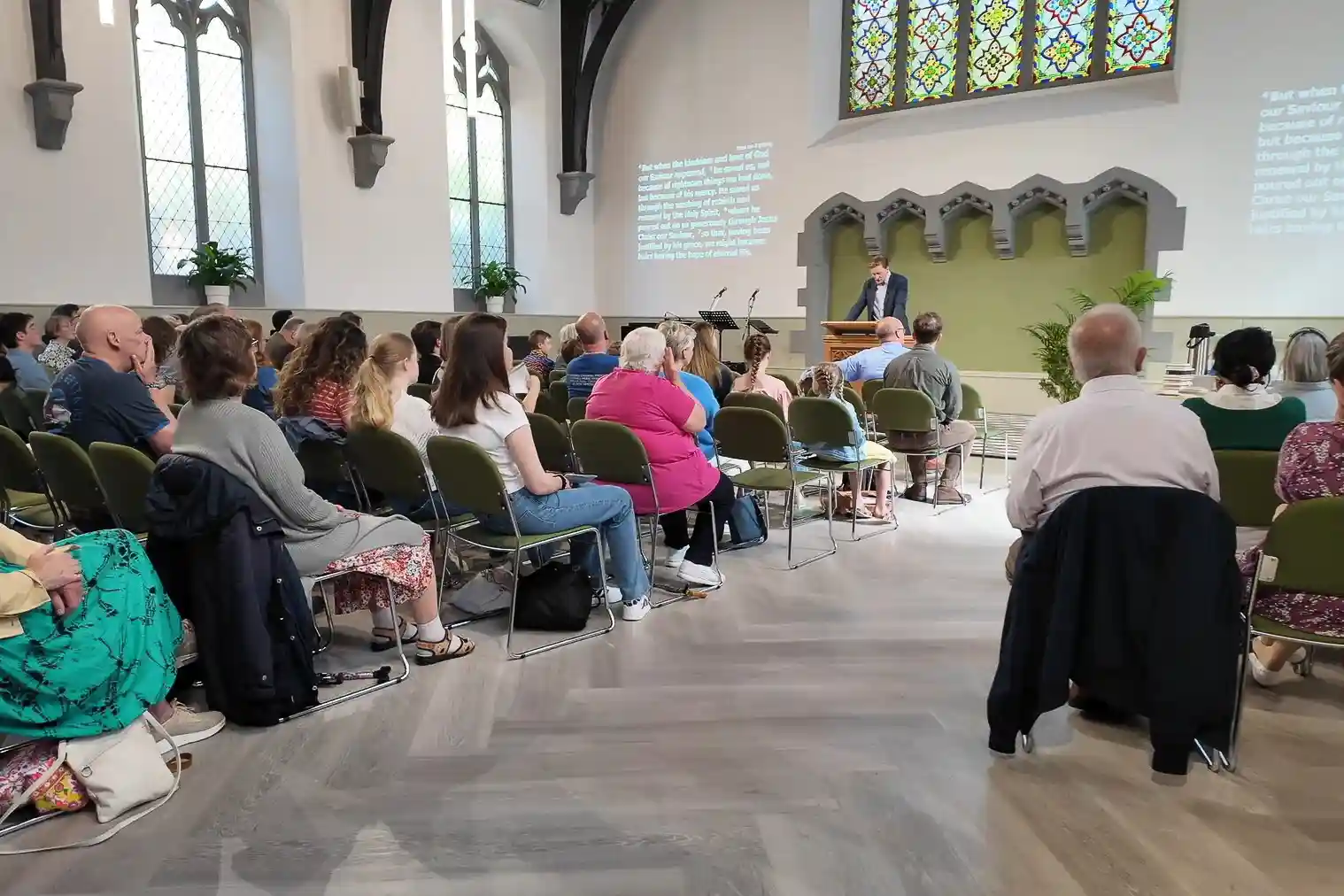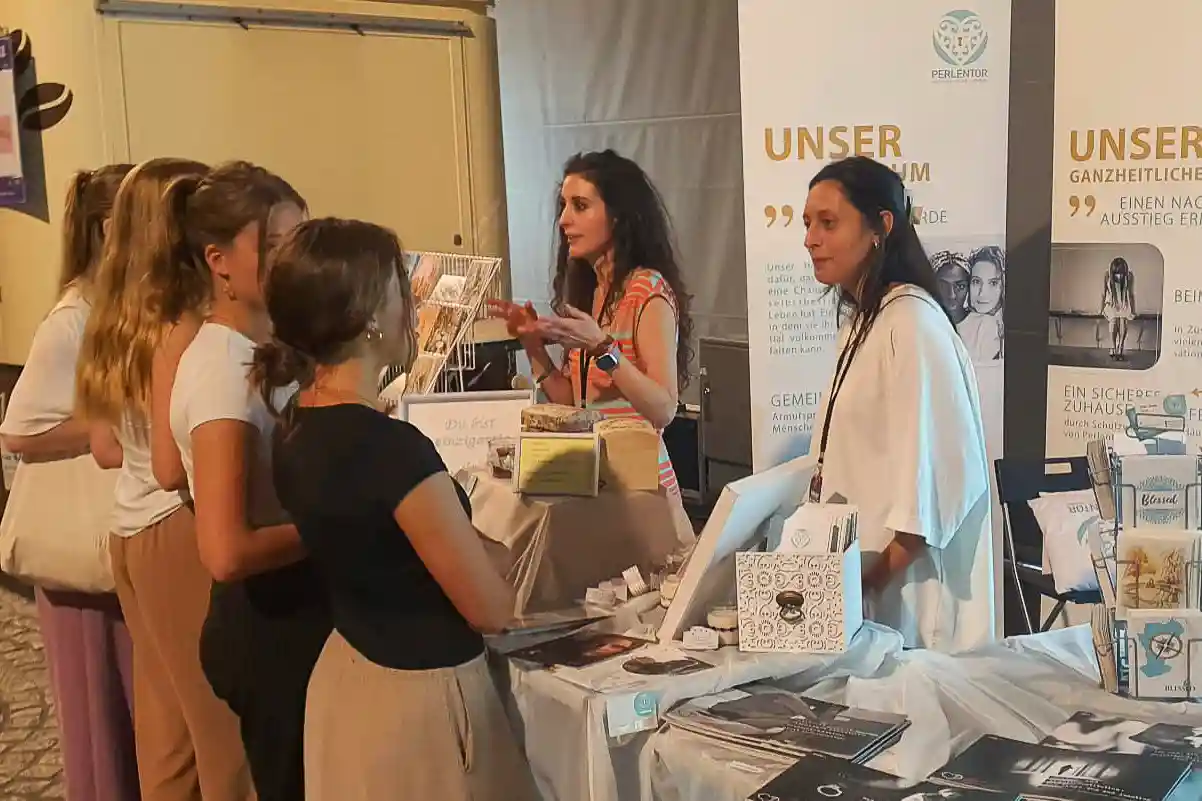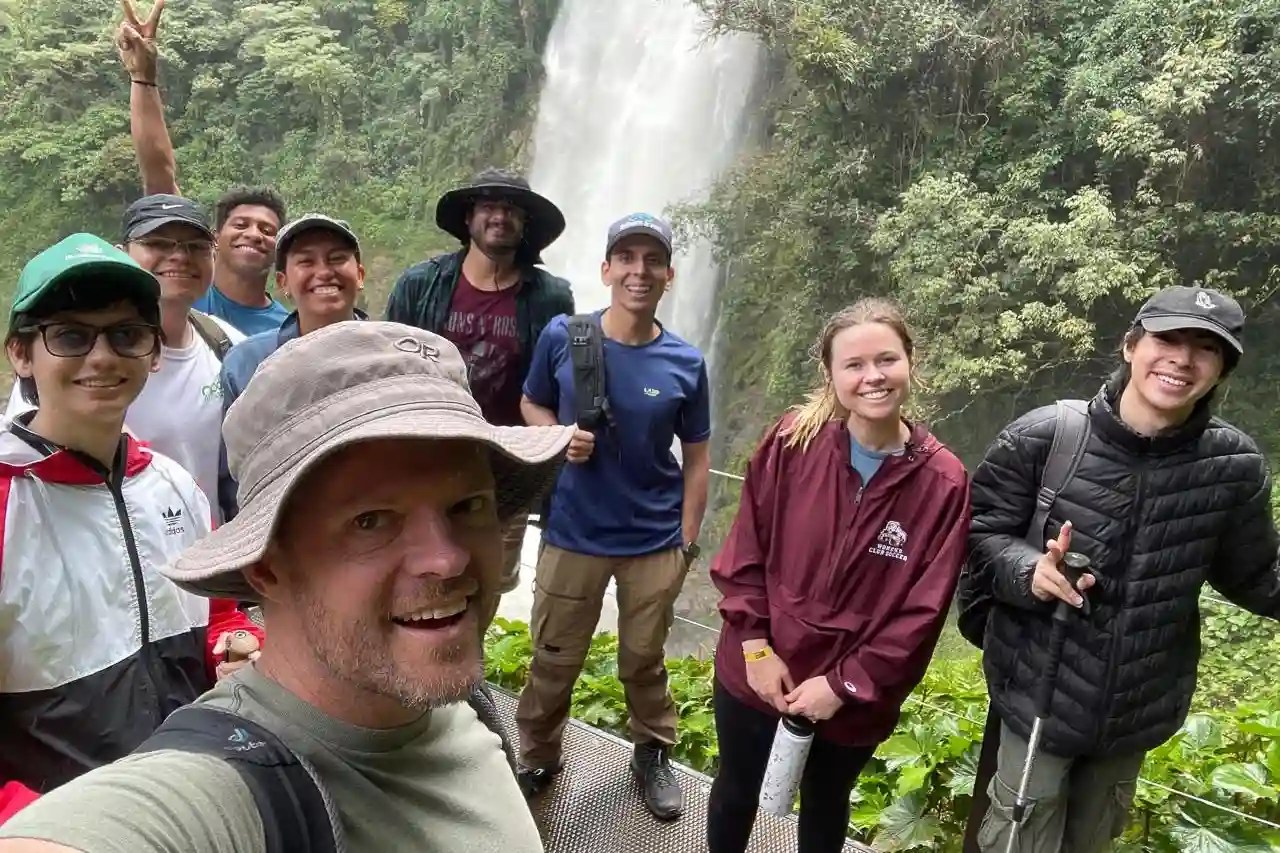Co-Working Spaces
Sharing Space and Sharing Christ in South Asia

Outside, the city is humming, alive. Ever-honking taxis crawl the concrete jungle by the thousands and the people move by the millions. They inhale the low-hanging smog and exhale a panoply of languages that overlap and weave together in the monsoon air. In an air-conditioned co-working space, smack dab in the middle of the sprawling Asian megacity, 40 professionals representing several different companies sip their coffee and sketch out business plans on whiteboards—coders and entrepreneurs, creative freelancers and remote consultants.
Later today, between meetings, a young Christian businessman will talk to the developer from a few desks down, a Muslim. They’re friends by now—they’ve worked in this same space for months after all. They see each other every day. Usually they talk about cricket, or movies, or music, but today the young Christian will ask his friend if he will come with him to church, and the developer will say yes. And in the months that follow he will come again and again, his heart captured by the hope of Jesus and the love of the strange little community of faith that follows Him.
This is a story that has played out time and again at a real co-working space in South Asia, a Business as Mission (BAM) enterprise started four years ago by MTW missionary Jacob Ingram.*
Born out of technological changes that have changed the way we work, the great recession, and the rise of the gig economy, co-working spaces are booming across the globe. More and more, professionals of every stripe are flocking to these shared-office concepts where they can rent a desk month to month, sharing resources like Wi-Fi, coffee, and printers with fellow coworkers.
In the midst of this emerging economic trend, some are arguing that co-working spaces present enormous opportunities for global missions. Beyond the affordability and flexibility, a central selling point of co-working is community. People are here to work, but also for relationships. And that is a point where the church can enter in.
Beginning a BAM Journey
When Jacob first came to South Asia to plant a church among the urban middle class, he also started a Business as Mission enterprise, teaching business skills to budding entrepreneurs. In the years since, both the business and the little South Asian church plant have grown and thrived, with many coming to Christ.
Four years ago, with space to spare and opportunity evident, Jacob and his team also launched the co-working space. It has proved itself to be a huge asset to MTW’s mission work in South Asia in a number of key ways.
Access and sustainability
The co-working space and entrepreneur training program do not directly fund the church plant—to do so in this closed country would almost certainly draw unwanted attention from the authorities. They do, however, provide Jacob’s visa, allowing him to live and share the gospel in a country where openly serving as a missionary is illegal.
Jacob also draws a small salary from the business’s profits (a necessity to avoid suspicion), which helps offset the financial support he has to raise year to year. In a world where ever more missionaries are needed, but financial giving to missions is steadily decreasing, hybrid funding models such as those provided by this and other business as mission efforts are increasingly attractive and necessary.
Crossover skillsets
According to Jim Lachrymose,* who serves as a business consultant for MTW and runs his own co-working space in Boston, some of the tools for success with a co-working space are often already built into a church planter’s DNA.
“Co-working and church planting dovetail nicely,” Jim said. “You use a lot of the same skillset when it comes to creating the environment for a church plant that you would use for a co-working space: hospitality, the ability to gather people, being able to observe people’s unseen needs or wants.”
Part of that picture is simply that both church plants and co-working spaces require careful contextual analysis to thrive. Both a smart church planter and a smart co-working founder will look at the demographics of their area from a sociological and cultural standpoint, and adapt their space to reflect the neighborhood. The person who can do this well for the one can often also do so for the other.
A doable business, with time to focus
Jim argues that, as more and more people looking to do church planting need reasons to be in a country, co-working provides a practical, efficient, doable solution. For one thing, co-working spaces are easier to start than many other business as mission models.
“It’s much easier to start a co-working space than to start, for example, a restaurant or a café,” Jim said. “Basically you create an environment, invite people in, and then manage that environment.”
One of the significant implications is that a church planter can often get the benefits of a fully functional BAM enterprise, but still have time and space for ministry.
“It’s worked out great for me because I can focus on church planting and give a lot of time to that,” said Jacob.
A space for relationships
All of this is great, but the thing that really sets co-working spaces apart is the fact that community and space for relationships is woven in by design.
“As a church planter, any business that connects you with people is good, and in a co-working space you connect with people—the kind of people we’re reaching,” Jacob said. “We regularly find people from the co-working space showing up at church, and I don’t even do the inviting.”
Many of the companies and individuals that made up the initial core of the co-working spaces’ customers are local Christians who attend the church Jacob helped plant. And many at the church are of the same professional, urban middle-class demographic for whom a co-working space is attractive. Like-minded entrepreneurs and creative professionals work side by side every day at the co-working space; friendships naturally form, and conversations about life and God inevitably arise. The space fosters community. And when the core of that community is made up of Christians, God begins to move in exciting ways.
People who found Christ through Jacob’s church plant share the good news they have found with their new friends and co-workers. They invite them to church. They watch as their lives transform.
“When I go to the church plant there, there’s a lot of people that came through the co-working space,” Jim added. “It’s incredibly compelling.”
*Names have been changed for security reasons.
Interested in launching your own co-working space while serving with MTW? Just want to learn more about BAM? We can help. We have a number of BAM experts who would be happy to answer questions and explore possibilities. To learn more, visit mtw.org/bam or email us at [email protected].

